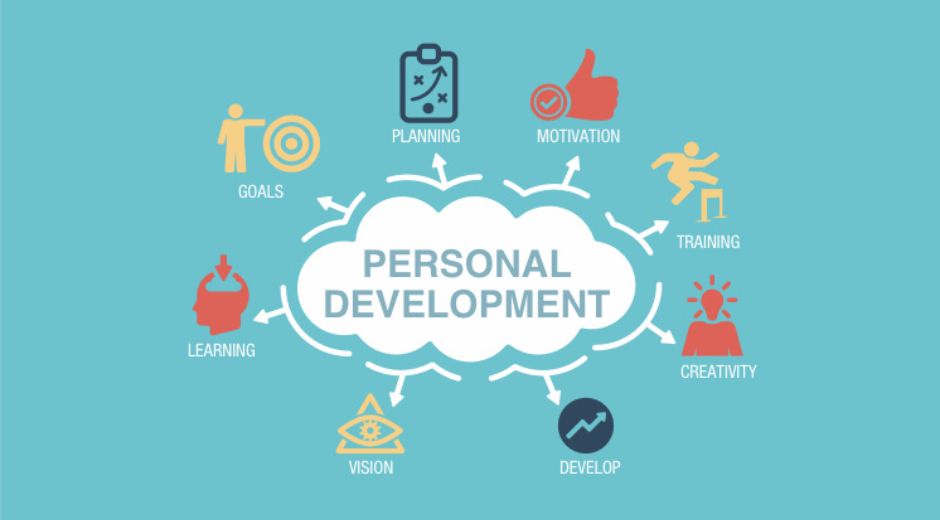How to Build a Powerful Growth Mindset for Academic Excellence
A growth mindset is one of the most valuable traits a student can develop. It is the belief that intelligence, skills, and abilities can be developed through effort, learning, and perseverance. Cultivating a growth mindset not only improves academic performance but also enhances resilience, motivation, and long-term success. This guide explores practical strategies to help students build a growth mindset and excel academically.
1. Understand the Growth Mindset Concept
The first step is to grasp the fundamental idea of a growth mindset versus a fixed mindset. Students with a fixed mindset believe their abilities are static, while those with a growth mindset see challenges as opportunities to learn. Understanding this distinction allows you to consciously choose strategies that promote learning and personal development. Learn more from Mindset Works.
2. Embrace Challenges
Challenges are an essential part of learning. Students with a growth mindset view challenges as opportunities to improve rather than obstacles. Tackle difficult assignments, explore new subjects, and engage in activities outside your comfort zone. Each challenge you overcome reinforces the belief that effort leads to growth.
3. Develop Resilience Through Failure
Failure is not the opposite of success; it’s a critical learning tool. Reflect on mistakes, identify lessons, and adjust strategies accordingly. By reframing failure as feedback, students strengthen their resilience and reinforce a growth mindset. Expert advice on learning from failure can be found at Forbes.
4. Focus on Effort, Not Just Results
Students often equate success with grades, but a growth mindset emphasizes effort and progress. Praise yourself for persistence, dedication, and problem-solving rather than just outcomes. Keeping a record of effort-based achievements encourages continuous improvement and reinforces positive habits.
5. Adopt Effective Learning Strategies
Building a growth mindset goes hand-in-hand with adopting effective learning strategies. Techniques like active recall, spaced repetition, and mind mapping enhance understanding and retention. Integrating these methods helps students approach learning as an evolving process rather than a fixed measure of intelligence. For more techniques, check Forbes.
6. Cultivate a Positive Self-Talk Habit
The language you use with yourself matters. Replace self-limiting thoughts like "I can't do this" with growth-oriented statements such as "I can improve with practice." Positive self-talk strengthens confidence, motivation, and perseverance, which are all central to a growth mindset.
7. Seek Feedback and Learn from Others
Feedback is a critical tool for growth. Ask teachers, mentors, or peers for constructive feedback and use it to enhance your learning strategies. Observing how others approach challenges and solve problems can also inspire new techniques and broaden your perspective. Explore professional growth tips at Forbes.
8. Set Incremental Goals
Breaking larger academic objectives into smaller, achievable goals reinforces a growth mindset. Each incremental achievement builds momentum and encourages continuous learning. Tracking progress helps students recognize improvements, boosting confidence and motivation.
9. Surround Yourself with Growth-Oriented Peers
Your environment affects your mindset. Engage with peers, mentors, and online communities that emphasize learning, improvement, and resilience. Collaboration and healthy competition with growth-oriented individuals encourage students to stretch their abilities and embrace challenges. Learn more about fostering productive peer networks at Psychology Today.
10. Reflect Regularly on Progress
Self-reflection allows students to assess growth, recognize accomplishments, and identify areas needing improvement. Journaling or weekly reviews of academic and personal development help consolidate learning, reinforce a growth mindset, and maintain focus on long-term goals. For more reflection strategies, check Edutopia.
Conclusion: Harnessing a Growth Mindset for Academic Success
Developing a growth mindset transforms the way students approach learning and challenges. By embracing effort, learning from failure, setting incremental goals, and seeking continuous improvement, students can achieve academic excellence and personal growth. Begin integrating these strategies today and explore our comprehensive guides on mindset development to strengthen your academic journey.
Education Made Simple

Learning Skill Awareness For Smarter Study Choices
Learning Skill Awareness For Smarter Study Choices

Study Mental Clarity For Better Recall
Study Mental Clarity For Better Recall












